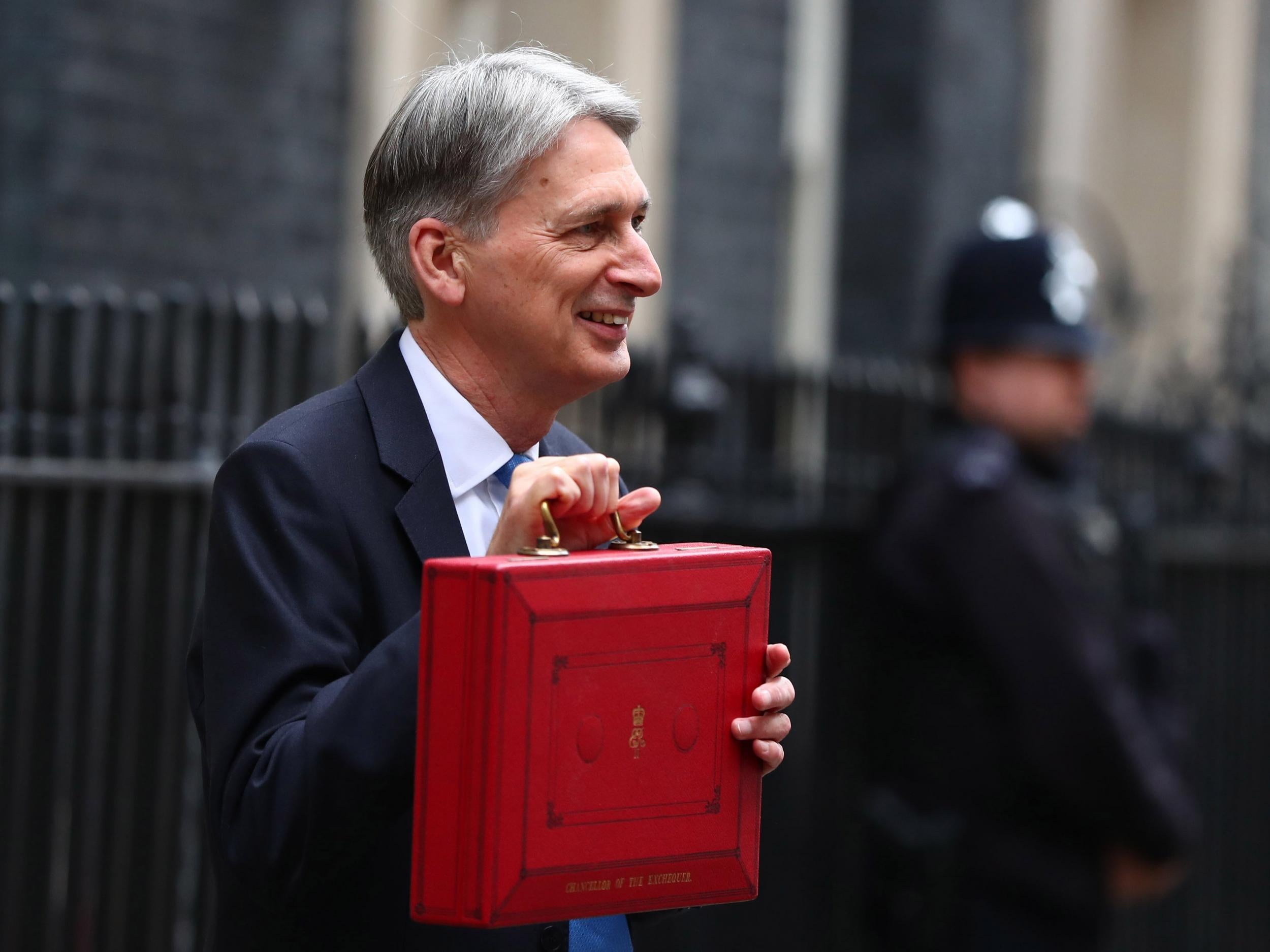'Google tax': Philip Hammond announces crackdown on tax avoidance by tech giants
'Multinational digital businesses pay billions of pounds in royalties to low-tax jurisdictions where they are not taxed,' the chancellor said

Tech giants like Google and Amazon who legally shift profits into tax havens will face a renewed crackdown, the Chancellor announced on Wednesday.
“Multinational digital businesses pay billions of pounds in royalties to low-tax jurisdictions where they are not taxed,” Mr Hammond said in his Budget speech.
He said that from 2019, companies will have to pay income tax on any royalties relating to UK sales that they funnel through tax havens. The tax will apply regardless of where the payer is located.
But Mr Hammond admitted the so-called 'Google Tax' would not solve the problem of tax avoidance and would bring in just £200m per year. That compares to Amazon’s UK sales of £7.3bn last year, on which it paid £7.4m in tax.
The notes released to accompany the Budget show that the Treasury thinks revenue raised from the tax will fall rapidly from £285m in its first year to less than half that amount four years later – possibly an admission that companies will quickly find ways to avoid paying.
Mr Hammond recognised that he is unable to tackle the “tax challenge posed by digital economy” on his own and said that international co-operation was needed, though he assured the nation that the UK is “leading the charge” on that front.
“We will continue to work in the international arena to find a sustainable and fair long-term solution that properly taxes digital businesses that operate in our cyberspace,” Mr Hammond said.
He also said he would make online marketplaces liable for VAT paid on goods. MPs have accused companies like Amazon and eBay of failing to combat VAT fraud taking place on their platforms, meaning that sellers from overseas can offer an effective tax cut of up to 20 per cent by not charging VAT. The Treasury estimates that this kind of VAT fraud costs taxpayers £1.2bn per year.
Digital platforms will likewise be asked to play a "wider role in ensuring their users are compliant with the tax rules", according to this year's Budget, with the Government set to publish a call for evidence in spring 2018 to explore what more can be done by digital platforms.
Join our commenting forum
Join thought-provoking conversations, follow other Independent readers and see their replies
Comments